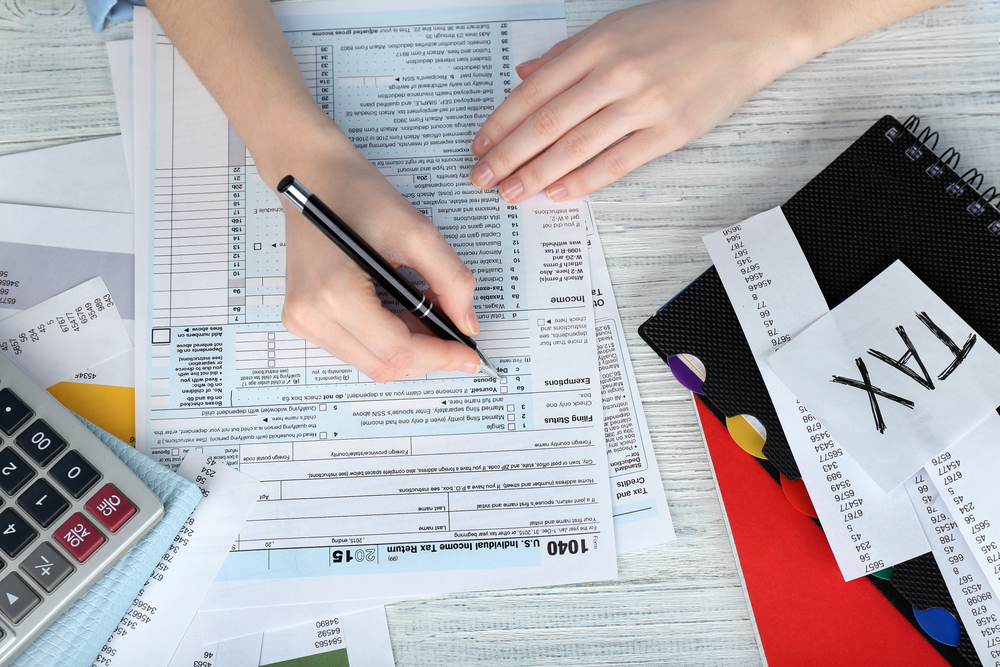As an employer, you are required to meet and manage a number of different financial obligations, and PAYE is no exception. It is crucial that, as a business with employees, you register for PAYE before establishing payroll. But why? What is PAYE and how do you register for it?
Before You Register for PAYE: The Basics
What Is PAYE?
PAYE is an acronym and the common abbreviation for the tax collection system known as “Pay As You Earn”. The concept behind PAYE is very simple. Instead of managing taxation on an annual basis based on the yearly income of an employee, you deduct tax from every paycheck they receive and pay the money directly to HMRC.
What this means is that you start paying employee tax immediately at the start of the tax year, even if they are still earning within their personal allowance bracket of untaxable income. PAYE effectively spreads the cost of taxation and ensures stability in monthly paychecks for employees.
The alternative to PAYE would be a standard self-assessment, whereby you submit annual tax returns on the full amount earned over the year. PAYE has become the most commonly used system, as compared to self-assessment, it ensures tax is paid properly and that the money is always available to meet demands. The risks of self-assessment are that insufficient savings are made over the year, and by the time tax season rolls around, there isn’t enough funding to pay tax fees.
Can You Overpay PAYE Tax?
Because of the nature of PAYE tax, it is not uncommon for employers to end up overpaying HMRC. If employee pay decreases for any reason or bonuses result in higher-than-average tax bills on a particular pay packet, there is the potential that the overall tax paid within the financial year will be above what is actually required. HMRC monitors this system closely and in the event of an overpayment, you and your employee will be refunded appropriately.
Why Register for PAYE — Is PAYE Mandatory?
You are required by law to register for PAYE if you are an employer within the United Kingdom with more than one employee on your payroll. What happens if you don’t register for PAYE? You’ll face fines and penalties and even potential legal action from the government.
There are exceptions to the rule of PAYE, however. You do not have to register for PAYE if your employee or employees earn less than £118 per week. This is because they will not earn enough to pay any form of tax, so there is no reason to inform HMRC. The moment this changes, though, you must register for PAYE.
There is an exception to this exception, though; if your employee earns less than £118 per week but they are provided with benefits and/or expenses, you will still need to register for PAYE. This is to make sure that you, as an employer, are correctly paying tax on taxable resources provided to the employee, and that it is all recorded and verifiable.

